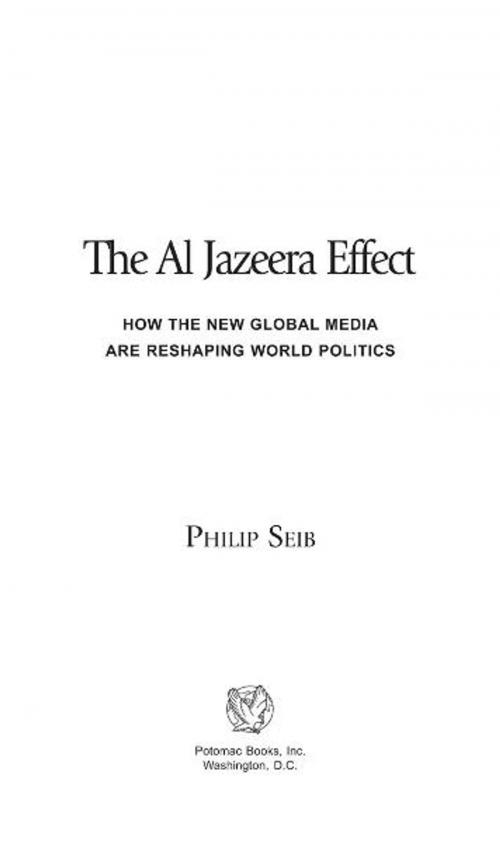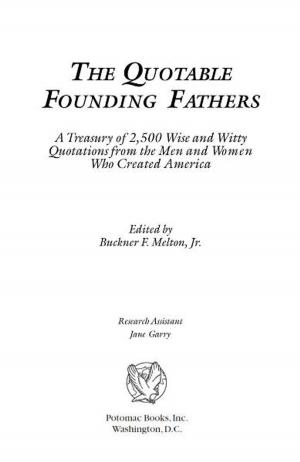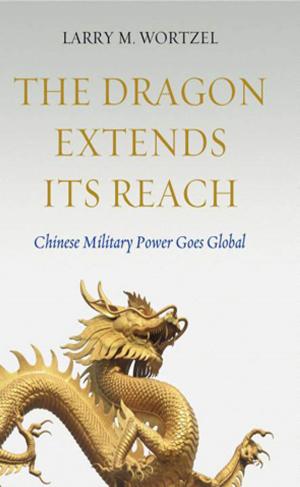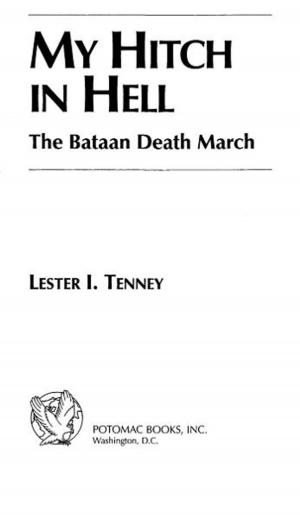The Al Jazeera Effect: How the New Global Media Are Reshaping World Politics
Nonfiction, Social & Cultural Studies, Political Science, International, International Relations, Social Science| Author: | Philip Seib | ISBN: | 9781612340029 |
| Publisher: | Potomac Books Inc. | Publication: | September 30, 2008 |
| Imprint: | Language: | English |
| Author: | Philip Seib |
| ISBN: | 9781612340029 |
| Publisher: | Potomac Books Inc. |
| Publication: | September 30, 2008 |
| Imprint: | |
| Language: | English |
The battle for hearts and minds in the Middle East is being fought not on the streets of Baghdad, but on the newscasts and talk shows of Al Jazeera. The future of China is being shaped not by Communist Party bureaucrats, but by bloggers working quietly in cyber cafes. The next attacks by al Qaeda will emerge not from Osama bin Laden's cave, but from cells around the world connected by the Internet.
In these and many other instances, traditional ways of reshaping global politics have been superseded by the influence of new media—satellite television, the Internet, and other high-tech tools. What is involved is more than a refinement of established practices. We are seeing a comprehensive reconnecting of the global village and a reshaping of how the world works.
Al Jazeera is a paradigm of new media's influence. Ten years ago, there was much talk about “the CNN effect,” the theory that news coverage—especially gripping visual storytelling—was influencing foreign policy throughout the world. Today, “the Al Jazeera effect” takes that a significant step further. The concept encompasses the use of new media as tools in every aspect of global affairs, ranging from democratization to terrorism, and including the concept of “virtual states.”
“The media” are no longer just the media. They have a larger popular base than ever before and, as a result, have unprecedented impact on international politics. The media can be tools of conflict and instruments of peace; they can make traditional borders irrelevant and unify peoples scattered across the globe. This phenomenon, the Al Jazeera effect, is reshaping the world.
In these and many other instances, traditional ways of reshaping global politics have been superseded by the influence of new media—satellite television, the Internet, and other high-tech tools. What is involved is more than a refinement of established practices. We are seeing a comprehensive reconnecting of the global village and a reshaping of how the world works.
Al Jazeera is a paradigm of new media's influence. Ten years ago, there was much talk about “the CNN effect,” the theory that news coverage—especially gripping visual storytelling—was influencing foreign policy throughout the world. Today, “the Al Jazeera effect” takes that a significant step further. The concept encompasses the use of new media as tools in every aspect of global affairs, ranging from democratization to terrorism, and including the concept of “virtual states.”
“The media” are no longer just the media. They have a larger popular base than ever before and, as a result, have unprecedented impact on international politics. The media can be tools of conflict and instruments of peace; they can make traditional borders irrelevant and unify peoples scattered across the globe. This phenomenon, the Al Jazeera effect, is reshaping the world.
The battle for hearts and minds in the Middle East is being fought not on the streets of Baghdad, but on the newscasts and talk shows of Al Jazeera. The future of China is being shaped not by Communist Party bureaucrats, but by bloggers working quietly in cyber cafes. The next attacks by al Qaeda will emerge not from Osama bin Laden's cave, but from cells around the world connected by the Internet.
In these and many other instances, traditional ways of reshaping global politics have been superseded by the influence of new media—satellite television, the Internet, and other high-tech tools. What is involved is more than a refinement of established practices. We are seeing a comprehensive reconnecting of the global village and a reshaping of how the world works.
Al Jazeera is a paradigm of new media's influence. Ten years ago, there was much talk about “the CNN effect,” the theory that news coverage—especially gripping visual storytelling—was influencing foreign policy throughout the world. Today, “the Al Jazeera effect” takes that a significant step further. The concept encompasses the use of new media as tools in every aspect of global affairs, ranging from democratization to terrorism, and including the concept of “virtual states.”
“The media” are no longer just the media. They have a larger popular base than ever before and, as a result, have unprecedented impact on international politics. The media can be tools of conflict and instruments of peace; they can make traditional borders irrelevant and unify peoples scattered across the globe. This phenomenon, the Al Jazeera effect, is reshaping the world.
In these and many other instances, traditional ways of reshaping global politics have been superseded by the influence of new media—satellite television, the Internet, and other high-tech tools. What is involved is more than a refinement of established practices. We are seeing a comprehensive reconnecting of the global village and a reshaping of how the world works.
Al Jazeera is a paradigm of new media's influence. Ten years ago, there was much talk about “the CNN effect,” the theory that news coverage—especially gripping visual storytelling—was influencing foreign policy throughout the world. Today, “the Al Jazeera effect” takes that a significant step further. The concept encompasses the use of new media as tools in every aspect of global affairs, ranging from democratization to terrorism, and including the concept of “virtual states.”
“The media” are no longer just the media. They have a larger popular base than ever before and, as a result, have unprecedented impact on international politics. The media can be tools of conflict and instruments of peace; they can make traditional borders irrelevant and unify peoples scattered across the globe. This phenomenon, the Al Jazeera effect, is reshaping the world.















